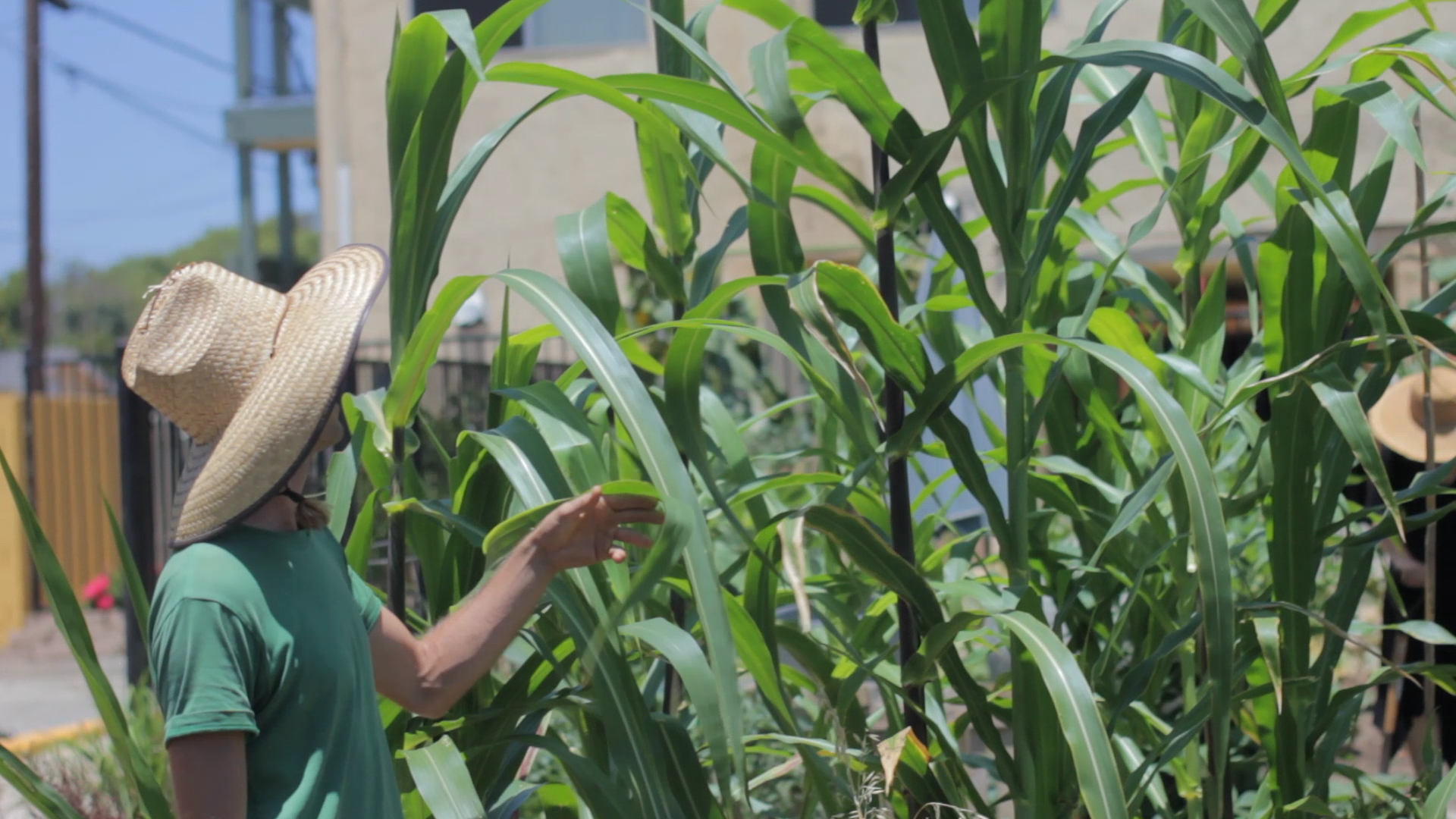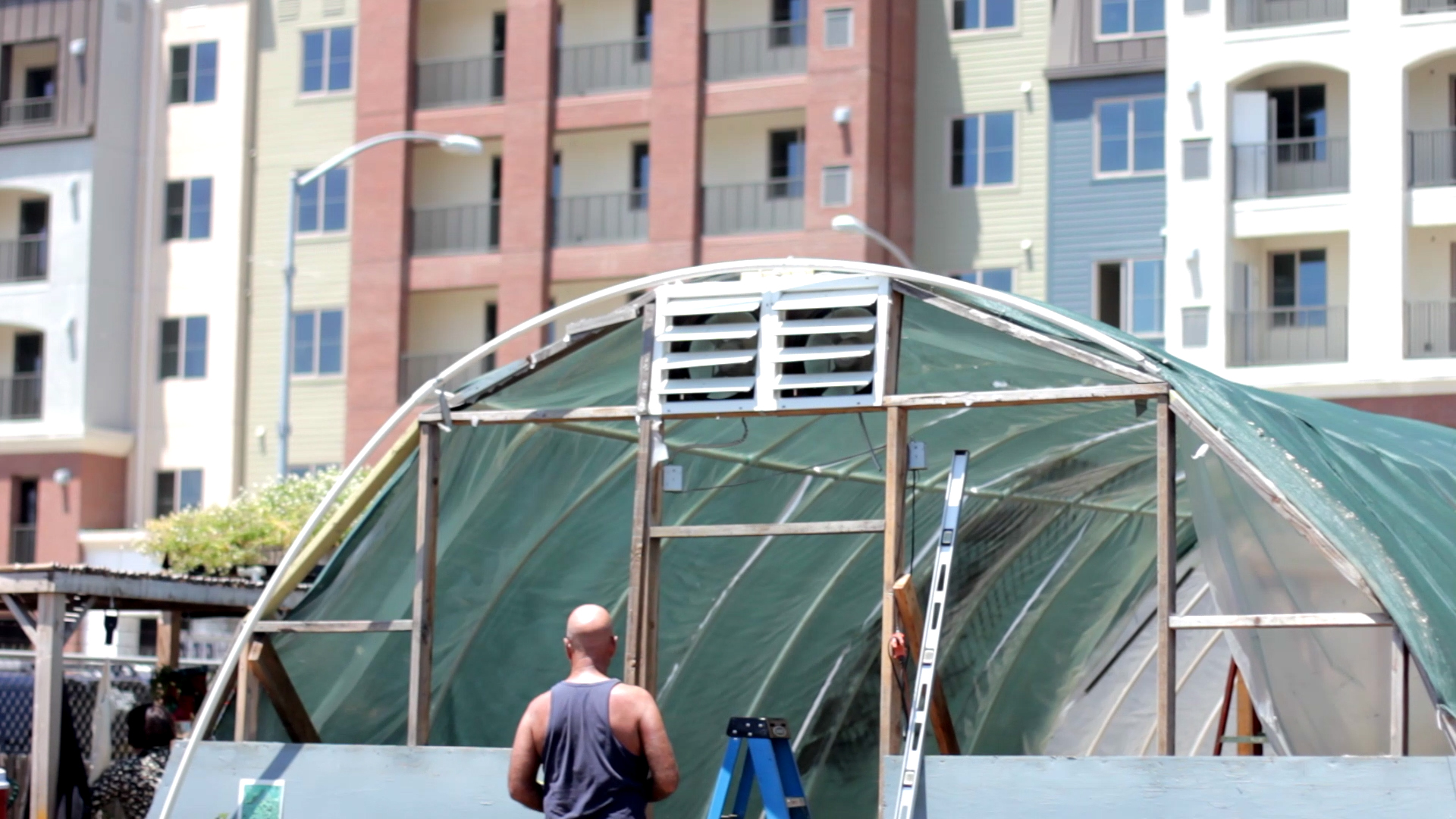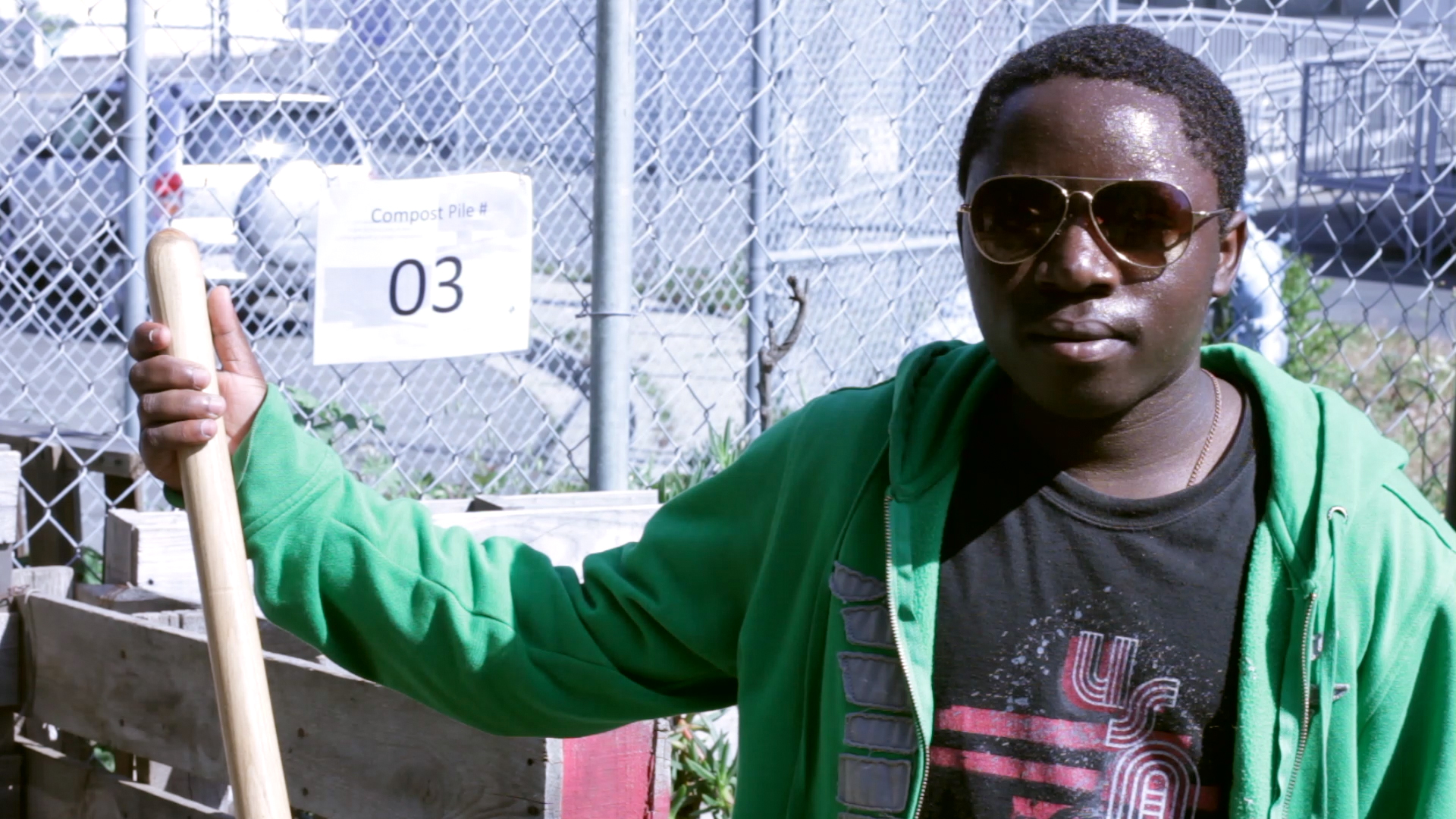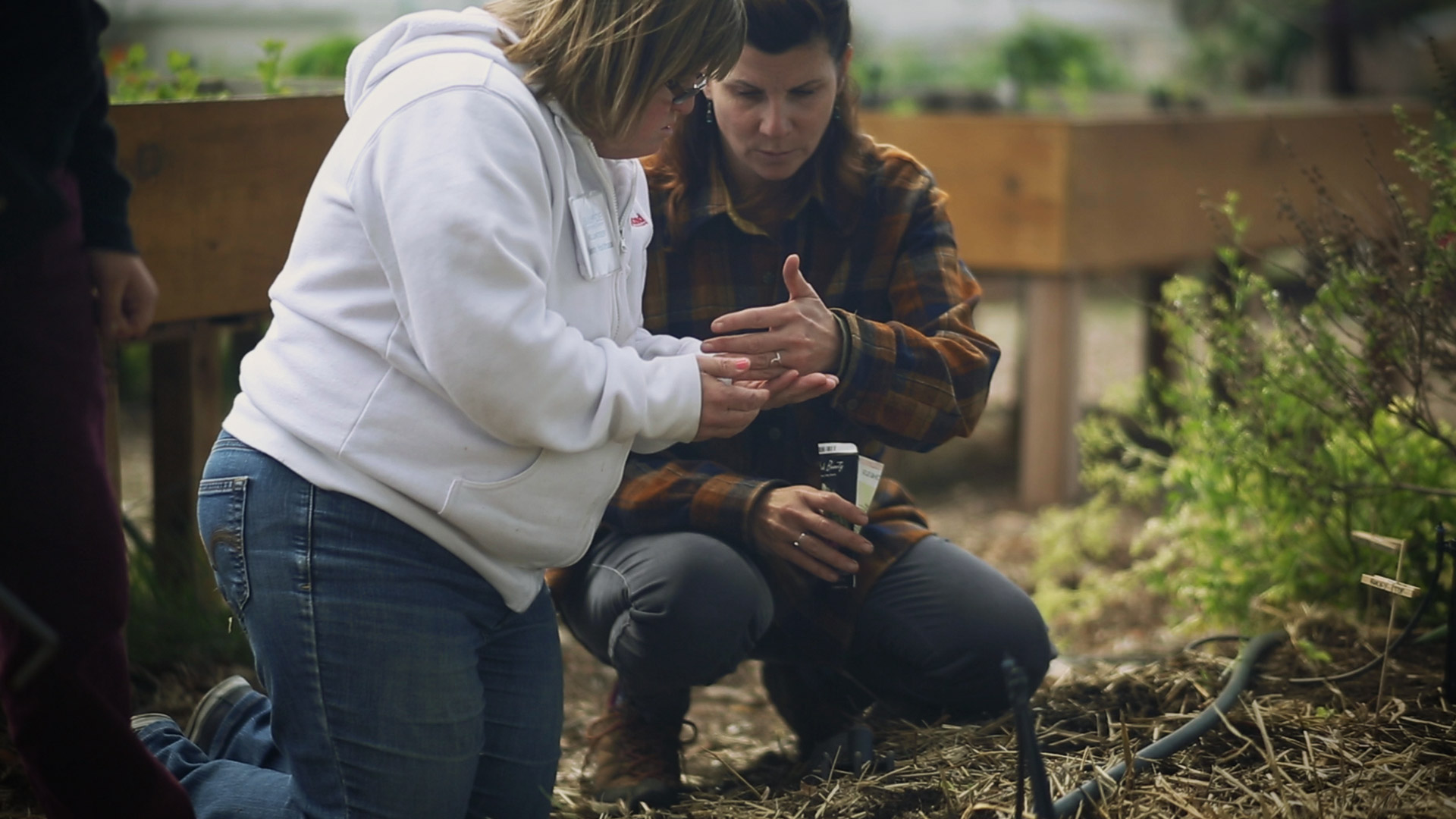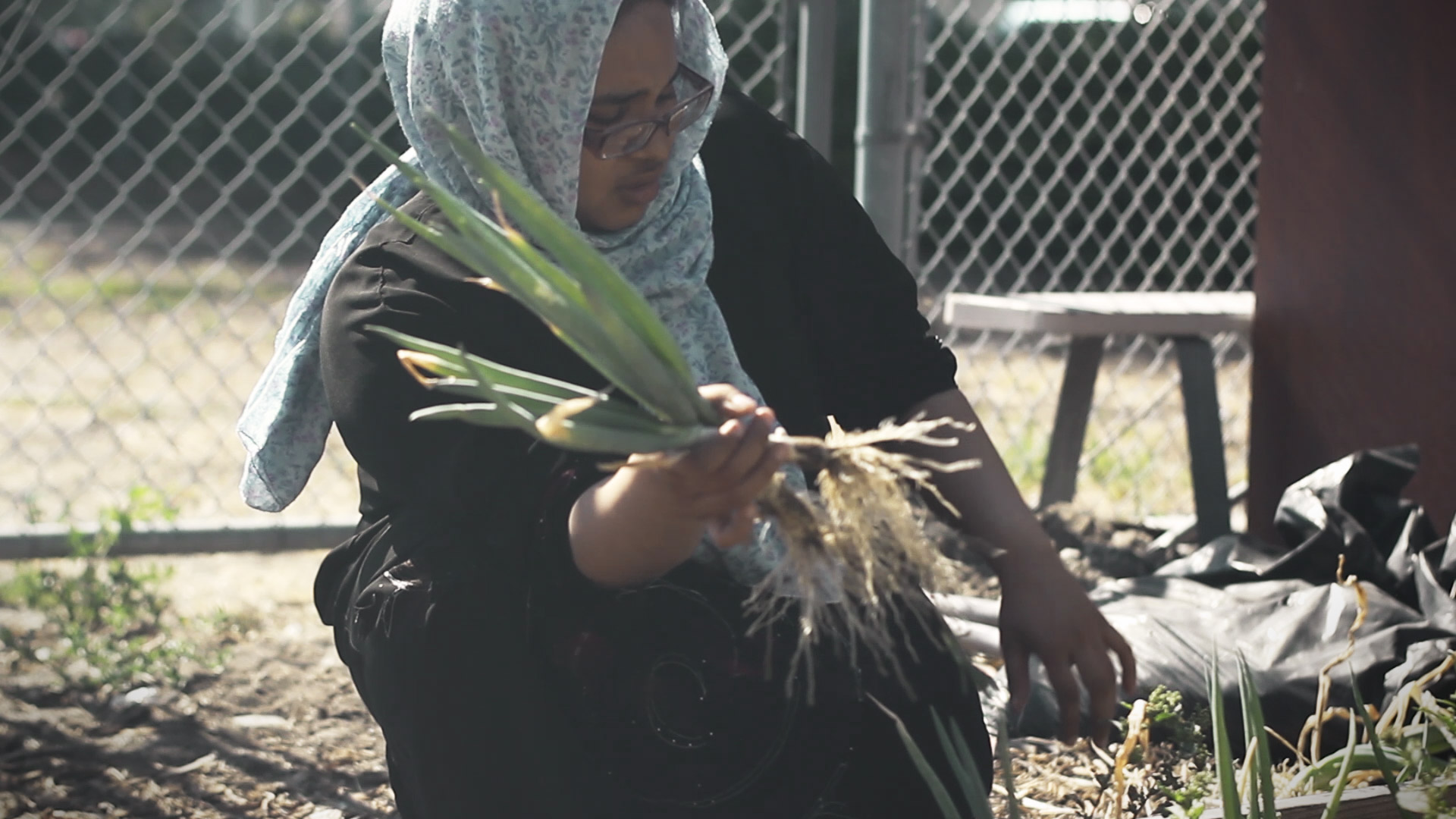City Heights
When the farmers’ market opened in City Heights, a community with a population of nearly 80,000, it had very little competition in providing residents with farm fresh, local produce. The neighborhood had only one major supermarket, a few small ethnic markets, and corner stores with poor quality produce–if any. This market was up against public opinion that farmers’ markets were upscale grocery boutiques for wealthy consumers, and City Heights is a working class neighborhood.
Speaking with shoppers, farmers, and health advocates we see by bringing in farmers that grew rare cultural produce, the market was able to become a popular shopping destination for the Vietnamese residents in the area. Accepting WIC and food stamps encouraged low-income consumers to shop at the market. The Fresh Fund program helped expand residents’ budget for fresh vegetables and fruit.
The City Heights Farmers’ Market continues today, further more, it’s a community hub that promotes community health every Saturday morning.
Appearances: Laqeysha Sowunmi, Champion Mom, Blanca Melendrez, Director UCSD–Network for a Healthy California, Anchi Mei, IRC Food Security and Community Health Program Manager, Casey Anderson, SD County Farm Bureau Membership and Marketing Manager, Ayan Mohamed, Champion Mom using WIC, Alex Pheng, Oriental Farms–Fresno, Irma Timmons, Fresh Fund Recipient, Kap Nei Thing, Fresh Fund Recipient.
Filmed in 2011, originally for Speak City Heights.
Speak City Heights Journalist Megan Burks contributed to this video.
